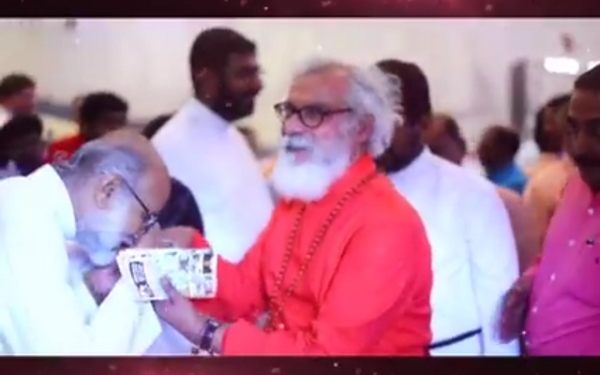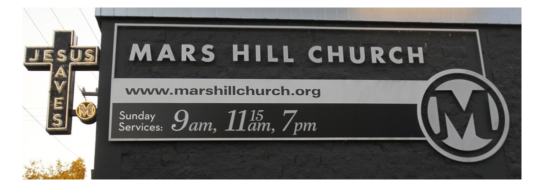My first post about Gospel for Asia was published April 27, 2015. Here is what I wrote to introduce the organization:
Gospel for Asia is a large missionary organization which supports direct evangelism, child sponsorships, Bible colleges, education, disaster relief and several other ministries. Their assets are substantial but, at their request, I am not going to address how much money they take in.* The 990s are not available on Guidestar and so it is very difficult to find out specific information about the financial situation.
GFA describes itself as a missionary organization and a church. What GFA calls The Believer’s Church is based in Wills Point, TX and apparently consists of the various churches planted around the world. According to the church website, the church has “over 2.4 million members scattered throughout 14 nations.”
Actually, Believers’ Church is based in India and is also headed up by Metropolitan K.P. Yohannan – GFA’s founder and CEO – who also goes by Moran Mor Athanasius Yohan Metropolitan. If we were buddies, I would just call him “Yo.”
My interest in GFA was triggered by a reader, Mr. Jesperson, who was once a donor. Then Bruce Morrison came along who is a Canadian pastor and a key player in confronting the discrepancies in what GFA said on paper in Canada and what they reported in India. Auditor Jason Watkins provided his expertise to help make clear the discrepancies in U.S. financial statements and other records we secured. I have talked to numerous former American and Indian staffers who have helped to paint a picture of GFA. Since 2015, I have written hundreds of posts on GFA’s finances and practices in the U.S. and around the world.
In early October 2015, Gospel for Asia was evicted from membership in the Evangelical Council for Financial Accountability. GFA was a charter member and it was a rare move for the ECFA. To get a description of the reasons for the removal, you can read the ECFA preliminary report given to me by former GFA board member Gayle Erwin.
In 2017, the nation of India revoked GFA and Believers’ Church registration as a charity eligible to receive foreign donations. GFA still solicits money for use in India and still sends funds there to NGOs that have no purpose other than to funnel money to Believers’ Church.
In 2019, GFA settled a class action RICO lawsuit and agreed to pay $37-million to donors. The Canadian branch is currently being sued by a donors in Nova Scotia.
Much of my writing on GFA has related to financial practices. However, there is a human side to the story. This is what got me started and this is what former staffer J.D. Smith focuses on in today’s interview. If you are interested in group dynamics and how leaders hold members with controlling tactics, you will want to hear J.D. speak.
To watch all interviews in this “15 Years of Blogging” series, click here.
To read all posts relating to Gospel for Asia, click here.
To read more about controlling groups and Steven Hassan’s work mentioned by J.D., go to freedomofmind.com.

